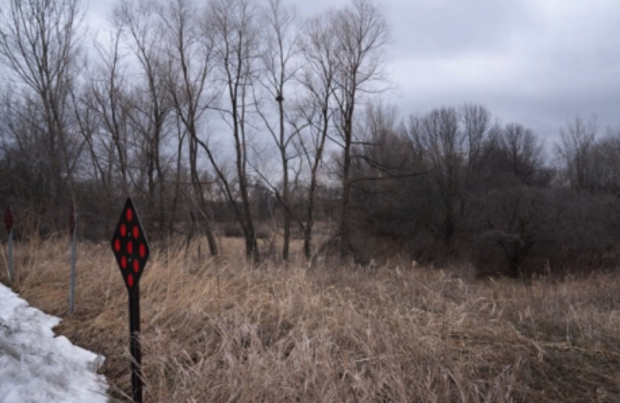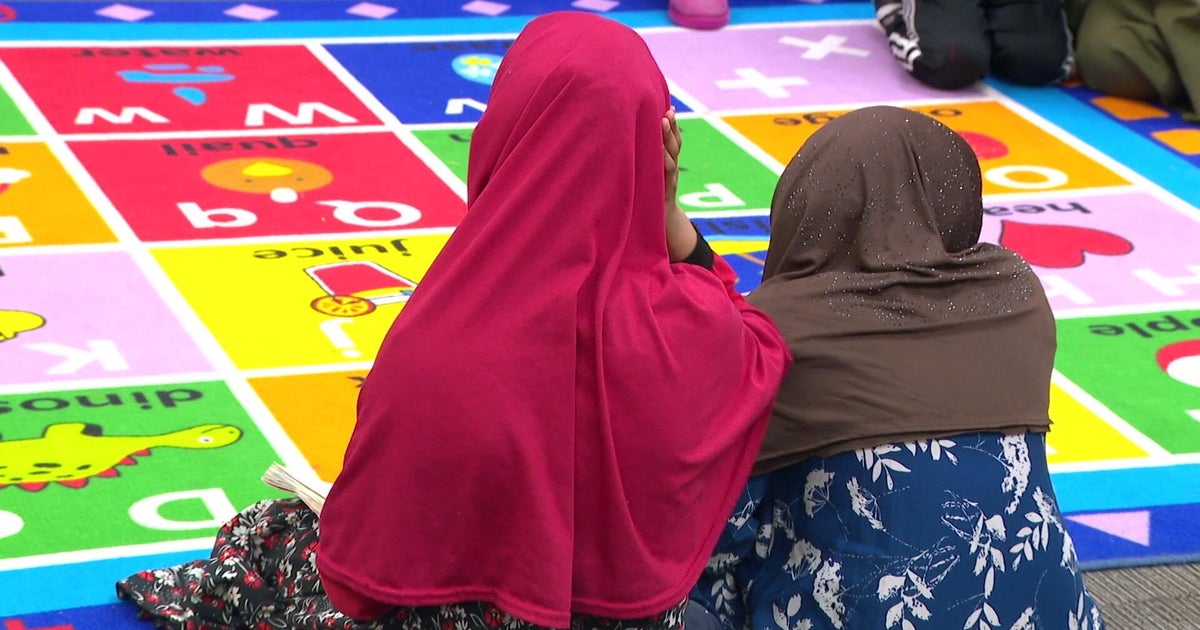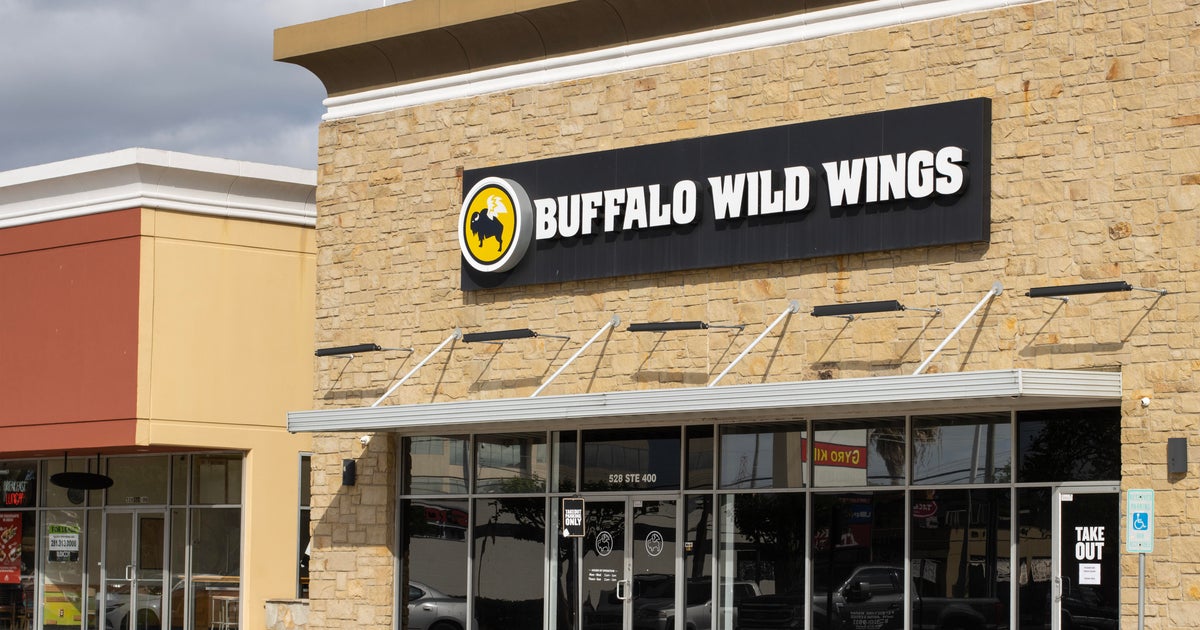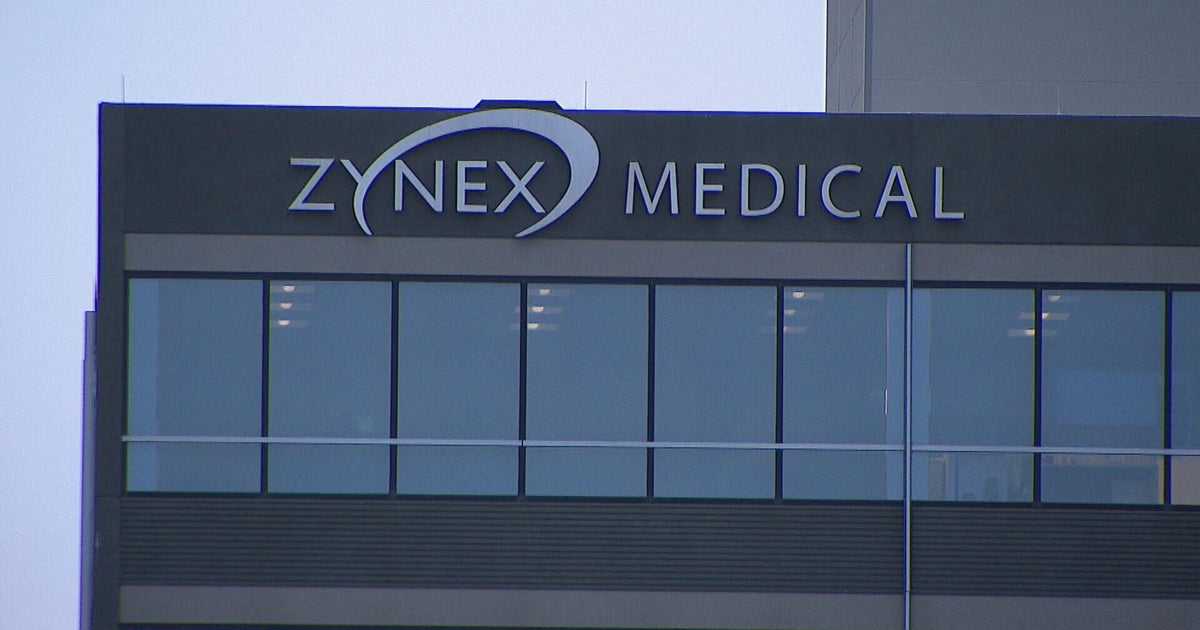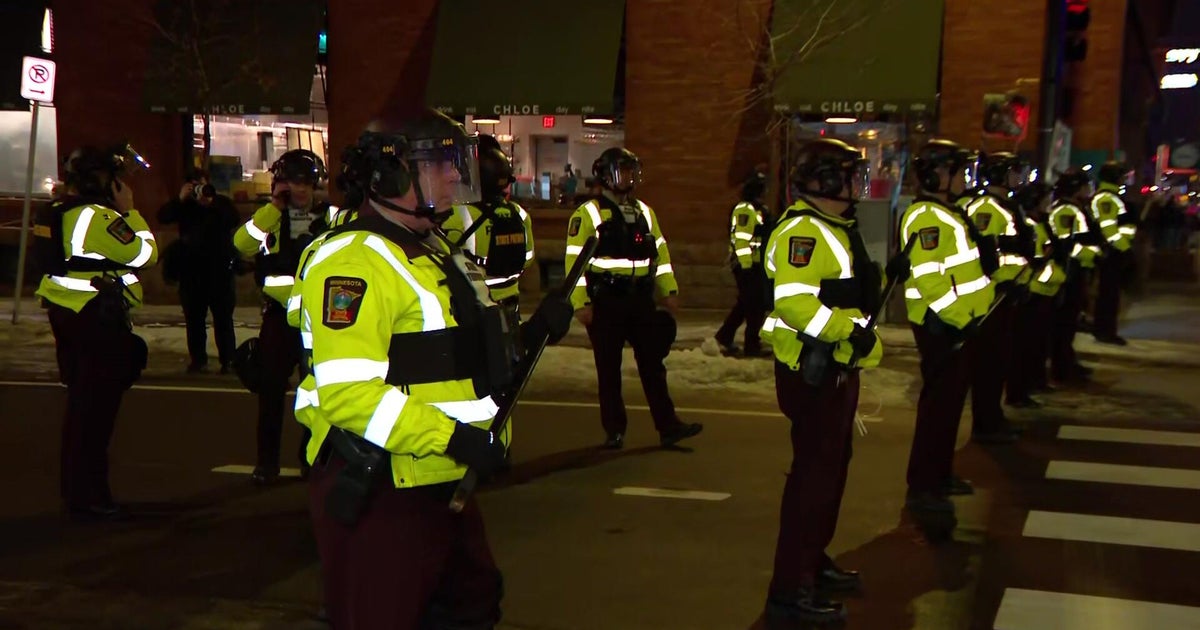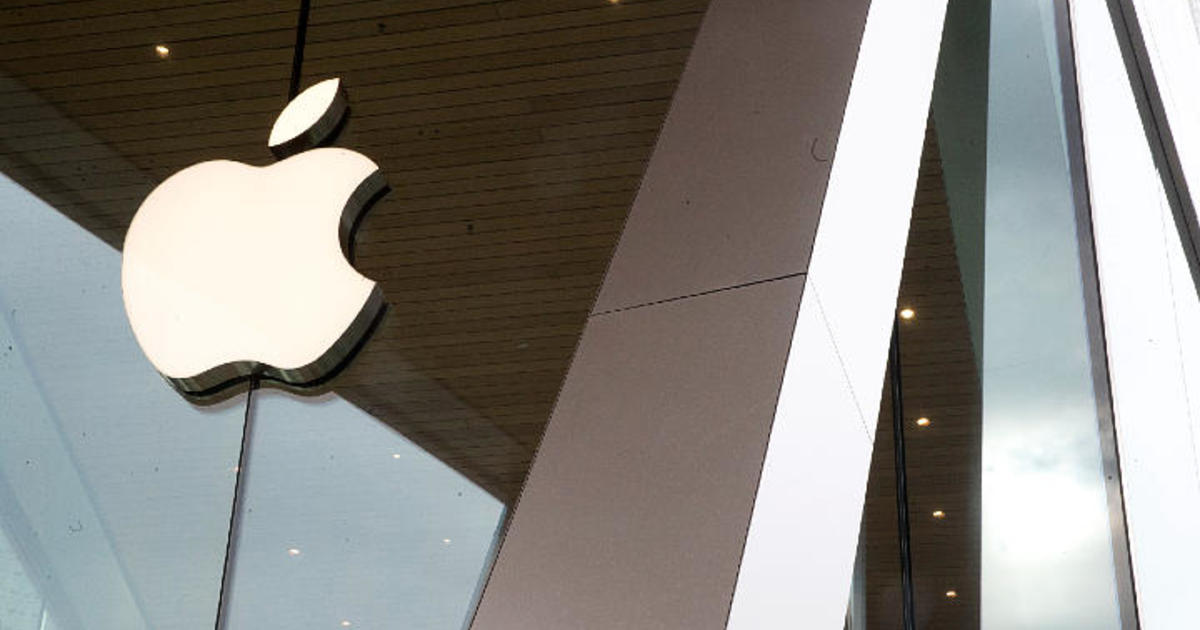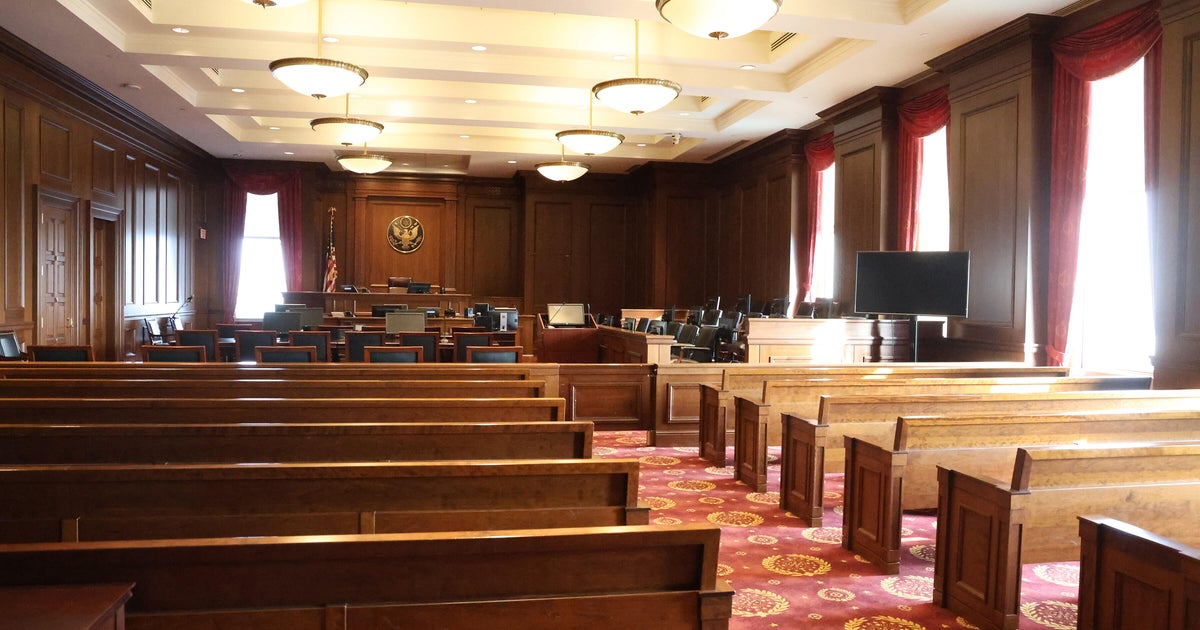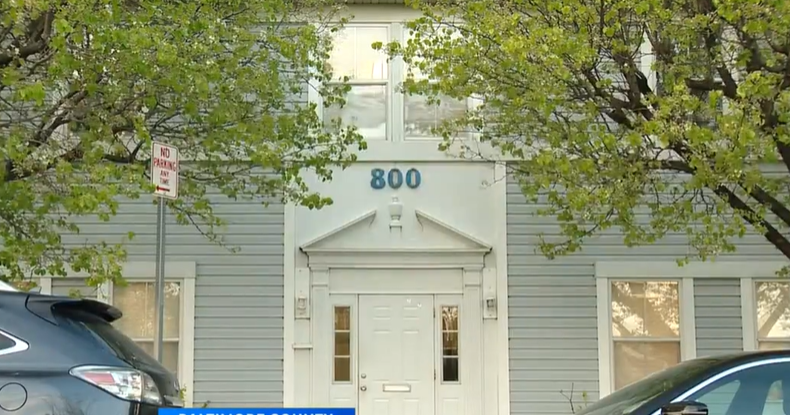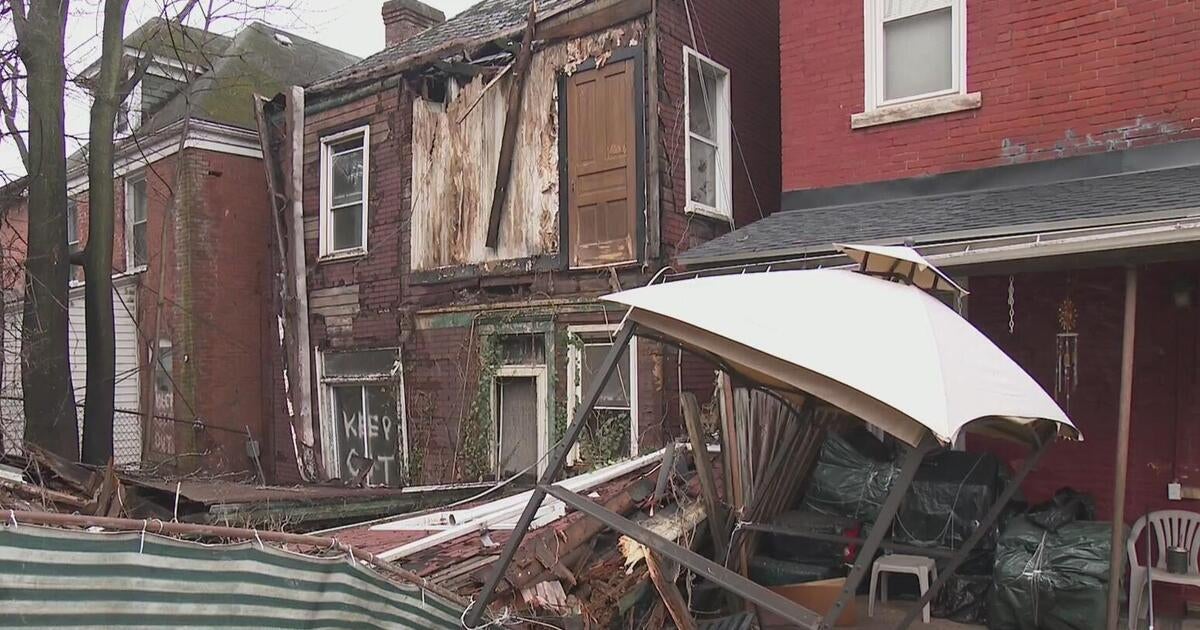Company promising homes for Somali families by May sued as land sits undeveloped
ST. PAUL, Minn. — A south metro property development company is being sued for fraud after receiving over $1 million in down payments from Somali families for homes on land that remains undeveloped, according to a lawsuit filed by Minnesota Attorney General Keith Ellison.
The lawsuit claims Nolosha Development LLC has been soliciting and collecting money using "deceptive and fraudulent representations," promising hopeful buyers large single-family homes with 0% financing in a community "rich with features many Muslim families seek."
However, the company does not own the land in Lakeville where it claimed the houses would be located. Nolosha has submitted an offer to purchase the land, the lawsuit says, but it has not gone through due to a current legal dispute involving the land.
In August 2022, Nolosha was founded with plans to develop a housing community with amenities that the owner believed the "East African immigrant community was seeking but had been unable to find," according to Ellison's lawsuit.
The community was said to feature landscaped parks, restaurants, cafes, shops, a mosque and an Islamic school within walking distance.
Customers were told that for a $25,000 deposit, the company would design and complete a home per the customer's specifications. Nolosha also advertised they would "sell the homes in accordance with the Muslim religious belief that charging or paying interest on a loan is prohibited," according to the lawsuit.
Court documents allege that Nolosha represented in its marketing materials that the homes were already under construction, telling prospective buyers the first phase of construction would be completed by November 2023 and the second phase would be completed by May 2024. However, as of filing the lawsuit, the property remains undeveloped wetlands.
The lawsuit says the City of Lakeville first heard about the alleged development in April 2023 when citizens asked about the project. Nolosha's marketing materials "appeared so outlandishly false" that officials reported it to the police.
The company advertised it had 160 plots to sell and once those slots were filled, it began charging customers $500 to be added to a waitlist. The lawsuit alleges there are over 1,500 customers on the waitlist.
In all, the company received over $1 million from more than 160 families, according to the Attorney General's Office.
The lawsuit is seeking full refunds for the families impacted.
